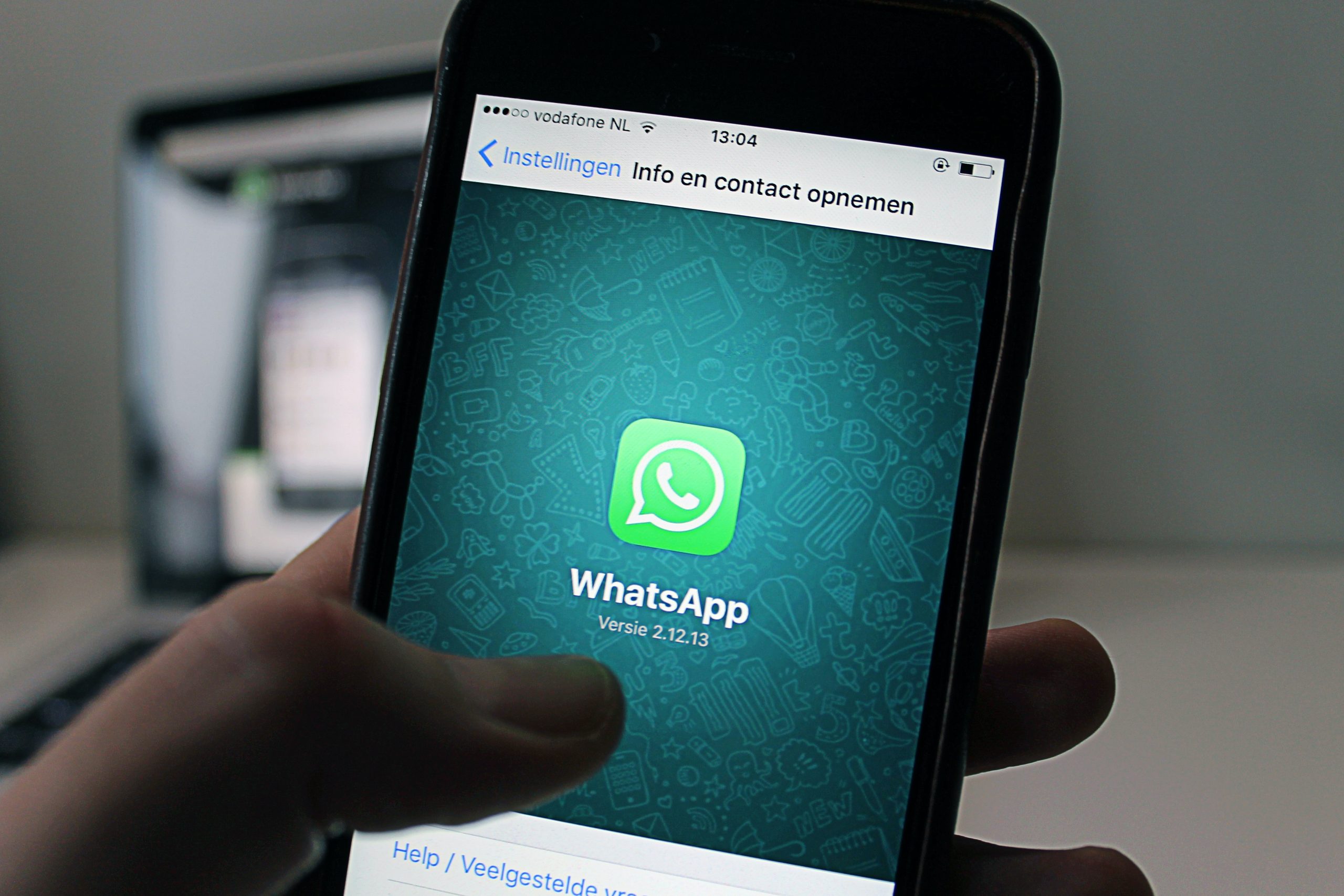WhatsApp has been a global leader in instant messaging for years, offering secure and reliable communication through text, voice calls, and multimedia sharing. However, some users look for additional features not offered in the official app, leading to the popularity of unofficial alternatives like WhatsApp Plus. WhatsApp Plus promises customization and extended functionalities, but is it really better than the official WhatsApp? This detailed comparison explores the differences, advantages, and risks of both apps.

Features and Customization
One of the key reasons users are drawn to WhatsApp Plus is its enhanced customization options. Unlike the official WhatsApp, which has a clean but fixed interface, WhatsApp Plus allows users to tailor the app’s appearance to their liking. It offers a variety of themes, fonts, and color schemes, giving users full control over how their chats look. Users can change chat bubbles, background wallpapers, and even the app icon, something the standard WhatsApp doesn’t allow.
WhatsApp, on the other hand, sticks to a minimalistic and user-friendly interface. While this ensures simplicity and ease of use, it does not cater to users seeking personalization. WhatsApp recently added features like dark mode, disappearing messages, and chat wallpaper customization, but it still lags behind WhatsApp Plus in terms of flexibility.
WhatsApp Plus also provides users with the ability to hide their “last seen” status, blue ticks, and typing indicators while still being able to see others’ statuses. This level of privacy control is appealing to some users who want more flexibility in how they manage their visibility. In contrast, WhatsApp limits these privacy settings, requiring users to share or hide their status information symmetrically with others.
Security and Privacy
While WhatsApp Plus may seem more appealing in terms of features, it raises major concerns regarding security and privacy. Official WhatsApp is owned by Meta (formerly Facebook) and uses end-to-end encryption for all messages, calls, and media shared on the app. This encryption ensures that no one, not even WhatsApp itself, can read your private conversations. Security features like two-step verification and encrypted backups further strengthen the app’s privacy.
WhatsApp Plus, however, is not an official app and is not available on trusted platforms like the Google Play Store. It is a third-party modification of WhatsApp, which means it is not endorsed or verified by Meta. The app does not guarantee end-to-end encryption, leaving your messages potentially vulnerable to interception or third-party access. Additionally, installing WhatsApp Plus requires users to download APK files from unofficial websites, which poses risks of malware or viruses infecting the device.
WhatsApp has also issued warnings about using unauthorized versions of its app, stating that accounts using WhatsApp Plus or similar mods can be permanently banned. This is a significant risk for users considering switching to WhatsApp Plus.

Performance and Updates
When it comes to performance, the official WhatsApp stands out for its reliability. Being regularly updated, WhatsApp ensures smooth performance, bug fixes, and access to the latest features. Users can easily update the app through the Google Play Store or Apple App Store, keeping their experience secure and efficient.
WhatsApp Plus, on the other hand, lacks consistent updates and reliability. Since it is not managed by an official developer, updates can be sporadic and may not align with the latest changes in the WhatsApp ecosystem. This can lead to bugs, crashes, or compatibility issues, especially when WhatsApp’s servers or protocols are updated.
Legal and Ethical Considerations
Another crucial factor to consider is the legality of using WhatsApp Plus. WhatsApp’s terms of service strictly prohibit the use of modified or third-party versions of the app. By using WhatsApp Plus, users violate these terms, which can lead to a temporary or permanent ban from the platform.
Furthermore, ethical concerns arise when using unofficial apps that may compromise privacy or security. Since WhatsApp Plus developers are not transparent about how the app handles user data, there is no way to verify whether your information is being stored or shared without consent.
While WhatsApp Plus offers enticing features like extensive customization, advanced privacy controls, and unique appearance options, these advantages come at a cost. The official WhatsApp remains the superior choice for most users due to its guaranteed security, reliable performance, and consistent updates. WhatsApp Plus, on the other hand, carries significant risks, including potential malware, lack of encryption, and possible account bans.
If you value safety, privacy, and long-term usability, sticking with the official WhatsApp is the better option. However, if you are willing to take risks for additional customization, WhatsApp Plus might appeal to you—but you should proceed with caution. Ultimately, the choice depends on what you prioritize: feature flexibility or trusted security.



Leave a Reply